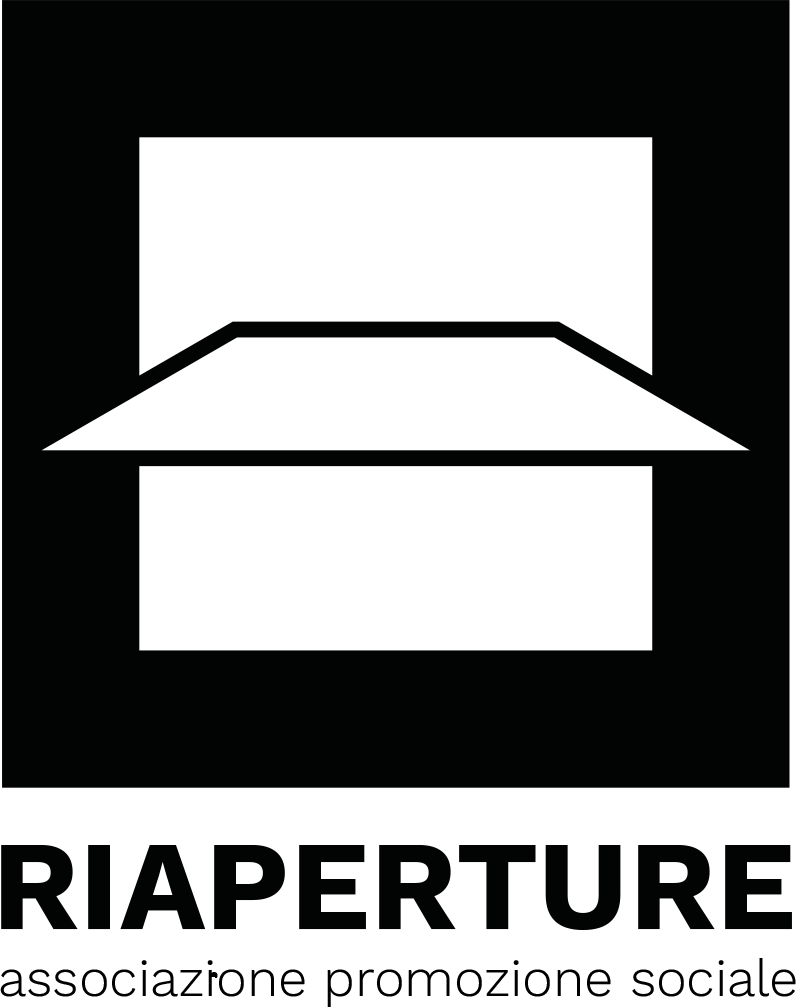Ai Weiwei
Quando
venerdì 25, sabato 26, domenica 27 settembre
venerdì 2, sabato 3, domenica 4 ottobre
2020
dalle ore 10.00 alle ore 19.00
Regia: Ai Weiwei – Germania, 2017, 140′
Fotografia: Zhang Zanbo, Xie Zhenwei, Renaat Lambeets, Murat Bay, Ma Yan, Lv Hengzhong, Li Dongxu, Konstantinos Koukoulis, Johannes Waltermann, Huang Wenhai, Christopher Doyle, Ai Weiwei
Montaggio: Niels Pagh Andersen
Musica: Karsten Fundal
Distribuzione: 01 Distribution
Più di 65 milioni di persone nel mondo sono state obbligate ad abbandonare le loro case per fuggire da carestie, cambiamenti climatici e guerre, causando il più grande spostamento umano dalla seconda guerra mondiale. Human Flow, epico viaggio cinematografico intrapreso da Ai Weiwei, artista di fama mondiale, offre a questa migrazione umana di massa una potente espressione visuale.
Human Flow is a witness to its subjects and their desperate search for safety, shelter and justice: from teeming refugee camps to perilous ocean crossings to barbed-wire borders; from dislocation and disillusionment to courage, endurance and adaptation; from the haunting lure of lives left behind to the unknown potential of the future. Human Flow comes at a crucial time when tolerance, compassion and trust are needed more than ever. This visceral work of cinema is a testament to the unassailable human spirit and poses one of the questions that will define this century: Will our global society emerge from fear, isolation, and self-interest and choose a path of openness, freedom, and respect for humanity?
Human Flow
Più di 65 milioni di persone nel mondo sono state obbligate ad abbandonare le loro case per fuggire da carestie, cambiamenti climatici e guerre, causando il più grande spostamento umano dalla seconda guerra mondiale.
Human Flow, epico viaggio cinematografico intrapreso da Ai Weiwei, artista di fama mondiale, offre a questa migrazione umana di massa una potente espressione visuale.
Un viaggio intimo di un intero anno, con l’intento di comprendere le condizioni dell’umanità ai giorni nostri. 23 paesi, più di 40 accampamenti di rifugiati.
ENG
Over 65 million people around the world have been forced from their homes to escape famine, climate change and war in the greatest human displacement since World War II.
Human Flow, an epic film journey led by the internationally renowned artist Ai Weiwei, gives a powerful visual expression to this massive human migration.
The documentary elucidates both the staggering scale of the refugee crisis and its profoundly personal human impact. Captured over the course of an eventful year in 23 countries.
Bio
Ai Weiwei è un artista ed attivista contemporaneo cinese, il cognome originale di famiglia è Jiang. Ai ha collaborato con gli architetti Herzog & de Meuron come consulente per la costruzione del Beijing National Stadium per le Olimpiadi estive del 2008. Come attivista, è sempre stato apertamente critico nei confronti della posizione del governo cinese a proposito della democrazia e dei diritti umani; ha indagato sulla corruzione e gli insabbiamenti, in particolare sullo scandalo per corruzione nelle scuole del Sichuan a seguito del terremoto del 2008. Nel 2011, dopo il suo arresto al Beijing Capital International Airport, il 3 aprile, fu trattenuto per 81 giorni senza accuse a suo carico, i rapporti ufficiali alludevano a ‘crimini economici’.
Dopo essere stato autorizzato a lasciare la Cina, nel 2015, ha vissuto in Germania, a Berlino, e, fino al 2019 a Cambridge in UK, con la sua famiglia, ma sempre viaggiando e lavorando a livello internazionale.
ENG
Ai Weiwei (Chinese: 艾未未; pinyin: Ài Wèiwèi, About this soundEnglish pronunciation (help·info); born 28 August 1957 in Beijing) is a Chinese contemporary artist and activist. His father’s (Ai Qing) original surname was written Jiang (蔣).[1][2][3] Ai collaborated with architects Herzog & de Meuron as consultant on the Beijing National Stadium for the 2008 Summer Olympics.[4] As an activist, he has been openly critical of the Chinese Government’s stance on democracy and human rights. He investigated government corruption and cover-ups, in particular the Sichuan schools corruption scandal following the collapse of “tofu-dreg schools” in the 2008 Sichuan earthquake.[5] In 2011, following his arrest at Beijing Capital International Airport on 3 April, he was held for 81 days without charge; officials alluded to allegations of “economic crimes”.[6]
File:Republica 2013 – Ai Weiwei.ogvPlay media
(video) Re:publica, 2013+ interview with Ai Weiwei
After being allowed to leave China in 2015, he has lived in Berlin, Germany, and, since 2019, in Cambridge, UK, with his family, working and traveling internationally.[7]






